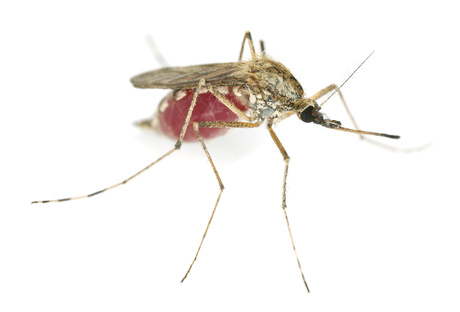Biotron boasts anti-Zika drug compounds

Shares in Biotron (ASX:BIT) jumped 25% today as the biomedical research company announced that two compounds from its library have shown positive activity against Zika virus. There is currently no approved vaccine or treatment for the disease, which has been declared by the WHO as a public health emergency of international concern.
The directors of Biotron revealed that several compounds had been sent to an independent facility in the USA for screening against the virus. One compound showed activity in the first round of screening — a result which has been confirmed in repeat assays. In a subsequent round of screening, a second compound was also shown to inhibit replication of Zika virus. Additional testing is now in progress.
“These early results are encouraging,” said Biotron Managing Director Dr Michelle Miller. “They demonstrate the robustness of Biotron’s library of compounds and approach to developing drugs that target serious viral diseases. Identification of these active compounds in our library is a starting point for designing potent drugs against Zika.”
The news is the latest in a string of positive announcements from Biotron, with the company last month receiving an R&D Tax Incentive refund of $1.5 million for the 2014–15 financial year. Back in March, the company confirmed positive outcomes from its Phase 2 study of antiviral drug BIT225 in Hepatitis C patients.
Biotron (ASX:BIT) shares were trading 25% higher at $0.08 as of around 12.15 pm on Monday.
A scientist, a cooler and a long-haul flight in the fight against MND
Early in January 2026, neuroscientist Dr Rachael Dunlop boarded a flight from Sydney to the US...
Mini lung organoids could help test new treatments
Scientists have developed a simple method for automated the manufacturing of lung organoids...
Clogged 'drains' in the brain an early sign of Alzheimer’s
'Drains' in the brain, responsible for clearing toxic waste in the organ, tend to get...



